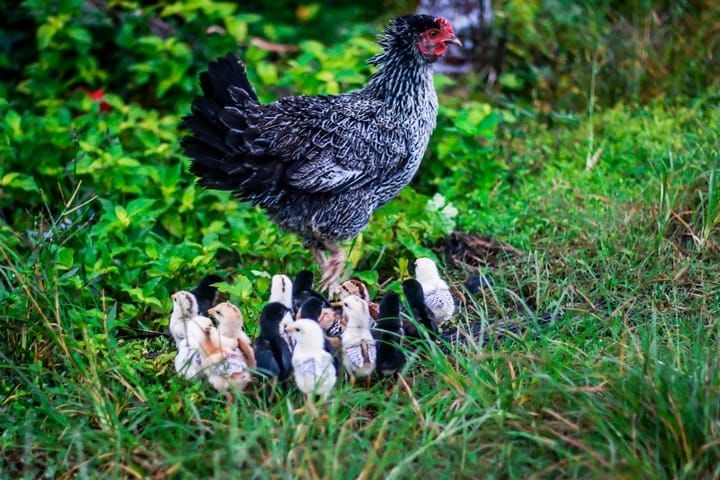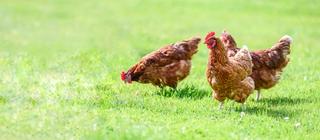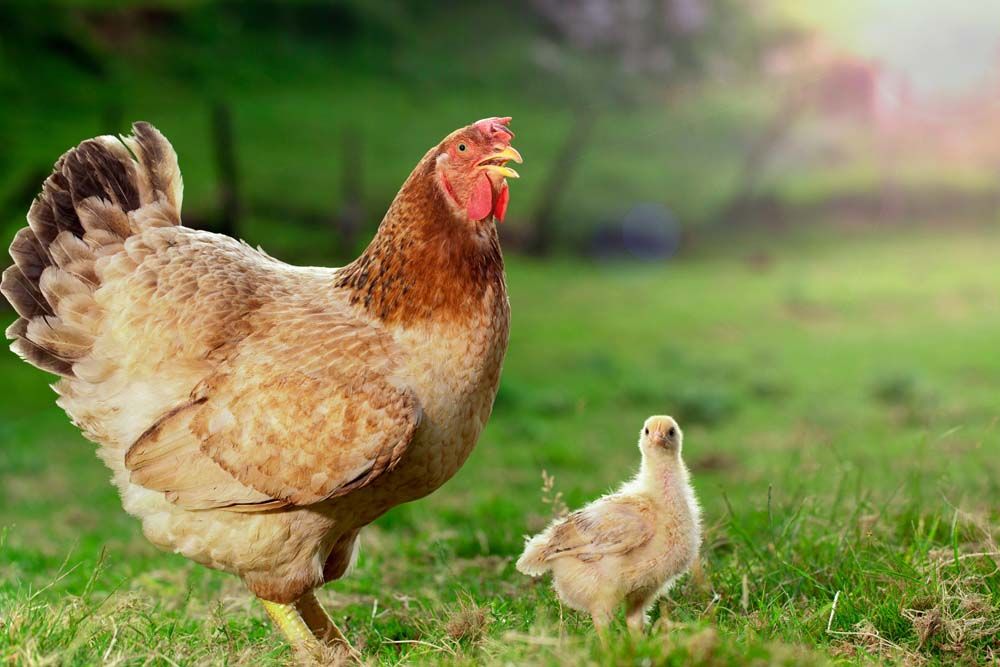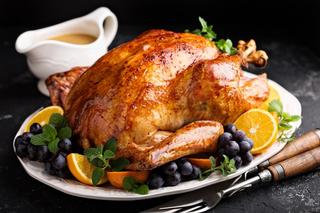Keep Your Flock Healthy


When you think of the word “biosecurity,” you may imagine people wearing hazmat suits. But biosecurity is much less intimidating than that and is critical to preventing disease in your flock and other birds.
Good Biosecurity Practices
Basic biosecurity includes isolation practices, strict sanitation procedures, and a complete nutritional program overseen by your veterinarian. This means that you should keep your chickens away from other people, animals, and birds.
Start with Water
One of the most important nutrients that chicken owners can provide to their flock is water. Chickens need two to three pounds of water for every pound of feed consumed. Water should be between 40 and 70 degrees Fahrenheit.
Sound Nutrition = Healthy Birds
A balanced diet that is appropriate for your birds’ age helps reduce stress, and keeping stress levels low is another way to prevent disease. Trying to pinch pennies by stretching chicken feed with grains can actually cause more health problems in your flock. Balanced rations are available for all stages of a chicken’s life, so feed the right one at the proper time.
Isolation Practices
It is best to consider anything that moves, whether it is living or not, as a possible mode of transportation for germs and bacteria to flock. The wind, dust, equipment, animals, or people can carry pathogens. Take these steps to prevent your flock from being exposed to disease:
- Obtain only new chicks as replacements or when expanding your flock.
- Keep any adult birds in quarantine before combining them with your flock.
- Don’t allow people, pets, or vehicles in poultry housing.
- When working with your flock, wear clean clothing; have dedicated shoes for wearing only in the coop.
- Do not go in other people’s coops; if you must enter another coop, change your clothes and shoes and shower before you handle your own birds.
- Any coop openings should have screens to keep out bugs, rodents, and wildlife.
- Taking care of your flock should occur in age order, youngest to oldest; care for sick chickens last.
Keep It Clean
Your coop should be shoveled and scraped out before sanitation, removing any dirt, bedding, and rubbish. Hot water, soap, and a brush are the most effective tools for sanitizing. Chemicals cannot match a quality sanitation program. Wash your shoes in a small tub of water and disinfectant near the coop door when entering and leaving the coop.
It is fine to use food-grade chemical sanitizers. Chlorine and lye are sound choices for killing germs, while borax is a better choice when dealing with particularly stubborn microorganisms. Sunlight is also an excellent sanitizer, but it takes time to work.
Related Article: Biosecurity Basics
Sanitation Tips
- Any newly acquired chickens should be placed in a clean, dry, and sanitized area.
- Allow two weeks for a coop to sit clean and vacant before bringing in a new brood or flock.
- All equipment—especially waterers—should be kept clean and sanitary.
- Get rid of any manure in the coop, and dispose of it away from the coop.
- Keep chicken feed and water in locations where rodents cannot easily access them.
Following these tips will help you prevent disease in your flock and keep your chickens thriving. For more tips on raising healthy and happy chickens, subscribe to Chicken Whisperer Magazine.
Tags:Healthy Flock

Chicken Whisperer is part of the Catalyst Communications Network publication family.











